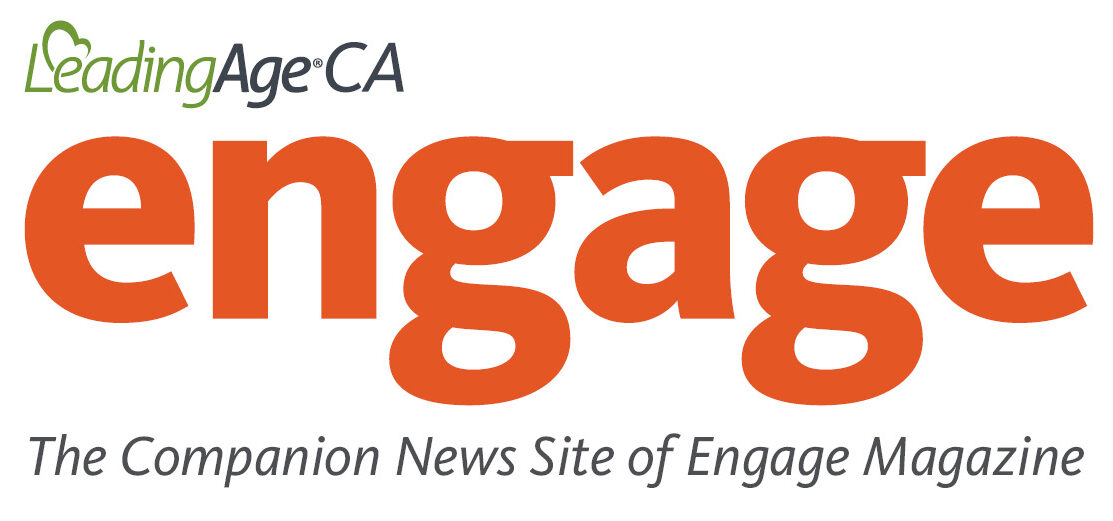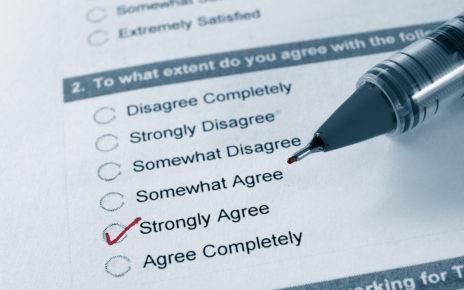BY JODI EYIGOR,
Director, Nursing Home Quality & Policy at LeadingAge
Centers for Medicare & Medicaid Services (CMS) reviews five-part plan for ensuring quality care in nursing homes.
CMS issued somewhat of a manifesto via the CMS Blog on April 15 regarding a five-part plan to ensure quality care in nursing homes. The plan focuses on five key components: strengthening oversight, enhancing enforcement, increasing transparency, improving quality and reducing administrative burden (or the “Patients Over Paperwork” initiative). While many of these initiatives will come as no surprise to providers, certain allusions made by Administrator Seema Verma have us wondering what comes next. As Ms. Verma laid out her vision, a few key themes emerged.
Abuse: Seemingly a major factor in the inspiration for this plan, CMS will rightfully be tightening focus on abuse prevention. They are examining the way state survey agencies identify abuse and clarifying expectations around abuse reporting. As a result, we can expect our state survey agencies to be much more attuned to this topic in the future. CMS will be updating the Nursing Home Compare website so that consumers can more easily identify abuse-related non-compliance and is exploring ways to more effectively identify workers who have a history of abuse. As regulation already requires reporting to state licensing boards of any legal actions against licensed staff, it is likely that this new initiative will encompass non-licensed staff.
Dementia Care: As CMS announced in March 2019, a new initiative is being launched aimed at continuing to reduce antipsychotic usage. The “late adopters” initiative will provide enhanced oversight to facilities who have struggled to reduce antipsychotic usage and who have a history of noncompliance related to chemical restraints, dementia care and psychotropic drug use. Antipsychotic usage will also be included in Nursing Home Compare data for both short-stay and long-stay measures and CMS plans to update the Nursing Home Compare website to allow consumers to more easily identify non-compliance related to antipsychotic usage.
Quality Measures: With changes to the five-star rating system set to take effect in late April 2019, CMS continues to explore ways to improve quality measures including investing money from Civil Money Penalties in quality initiatives like staffing and dementia care, the introduction of the SNF Value-Based Purchasing Program and the free online infection prevention and control training recently released through a partnership with Centers for Disease Control. Given CMS’s frequent proximal mention of healthcare associated infections and dementia care, one wonders what parallels we can draw for an approach to these issues. Can we soon expect a healthcare-associated infections initiative similar to the “late adopters” antipsychotic initiative, or might we hope for free training and resources for dementia care in the way that CMS was able to provide for infection prevention and control?
Survey Process: CMS states that they are revising oversight of state survey agency performance. The goal is to improve consistency in survey processes, citation of deficiencies and implementation of enforcement remedies. Updated guidance on citing immediate jeopardy was released in March 2019 and CMS is considering ways to make survey deficiency reports more accessible (i.e. understandable) to the public. We can expect that as surveyors strive toward consistency, citation averages will likely trend toward the higher rates we have seen across the country rather than lower. This, of course, carries the unintended consequence of consumers and others concluding that nursing home quality is declining as more deficiencies are cited, more enforcement remedies are levied and star-ratings drop. In an effort to address staffing issues, we can expect to see more “off-hours” surveys on evenings, nights and weekends as well as more staffing-associated enforcement remedies and while CMS has asked Congress for authority to adjust the frequency of mandatory nursing home surveys, it seems fair to anticipate that this will likely result not in fewer standard surveys but in enhanced oversight and survey for facilities that CMS views as “poor performers” as well as an improved ability of CMS to respond to complaints. We may also expect to see the incorporation of new data into the survey process, such as the use of Medicare claims data and associated adverse outcomes, with emphasis on transfers to hospital. In a move toward transparency, CMS is making long-term care surveyor training available to the public online while also publishing information on the CMS website with a link on the Nursing Home Compare website regarding facilities with which CMS is terminating provider agreements due to poor quality.
Patients Over Paperwork: CMS cited the implementation of the three phases of the revised Requirements of Participation as an example of reducing administrative burden while focusing on quality of care. With that in mind, and concurrent pressures from Congress and the media, one should not expect a reduction of regulation any time soon. That said, there is a focus on streamlining and updating processes so although the final rule resulted in significantly more regulation and the implementation of PDPM has required a great deal of administrative work on the front end, both of these initiatives do reflect efficiency initiatives that will result in quality care and CMS acknowledges the impact of administrative burden on our ability to provide timely, cost-effective quality care.
LeadingAge is committed to collaborative, transparent processes in providing quality care for our seniors and values the efforts of CMS and other stakeholders toward this goal.


